Paramedic & Advanced Paramedic Practitioner CPC (Continuous Professional Competency)
Regulated health professions, including the pharmaceutical, medical and nursing professions, have already developed, or are in the process of developing, systems of Continuous Professional Competency (CPC). We need to maintain this impetus and further enhance pre-hospital practitioner development if the profession is to develop in line with other healthcare professions.
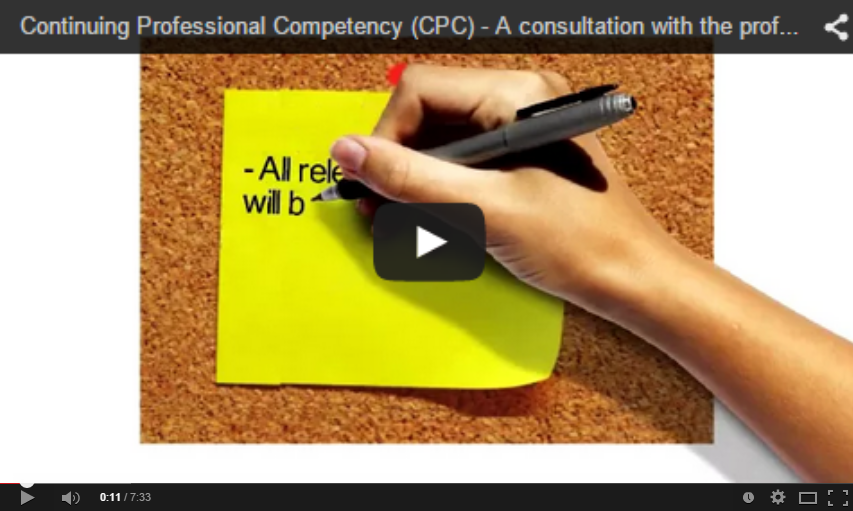
Full story
|
The staff at PHECC wish all our registrants, stakeholders and members of the public a very Happy Christmas and a peaceful and prosperous New Year.
We offer our sincere thanks for your support and goodwill throughout the year and we are looking forward to continuing our involvement in the provision of quality pre-hospital emergency care during 2015.

Full story
|
Clinical Audit in pre-hospital emergency care provision
Pre-hospital emergency care entails clinical practice in the form of interventions delivered and/or medications administered to the patients encountered. The standards are set through the Clinical Practice Guidelines published by PHECC.

Full story
|
NQEMT Examination Results at EMT and Paramedic level for 2013
One of the functions of PHECC is to conduct examinations and award the NQEMT at the levels of EMT, Paramedic and Advanced Paramedic. The awards are made when candidates have successfully completed all elements of the NQEMT examinations. The examination permits candidates to demonstrate that they have the necessary skills and competencies required to be a pre-hospital emergency care practitioner and in addition have their name entered on the PHECC professional Register.
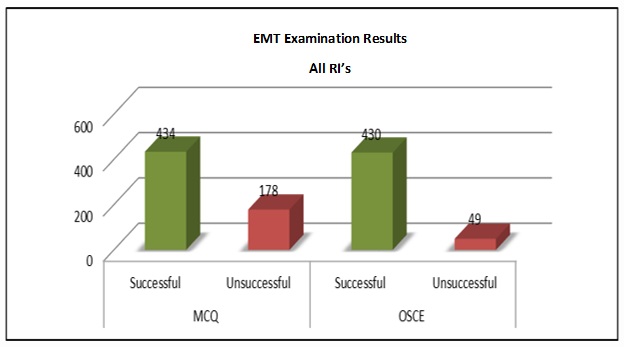
Full story
|
Emergency First Response- basic tactical emergency care (EFR-BTEC)
In May 2014, Council approved a new Education and Training Standard called EFR-BTEC. The person certified in EFR-BTEC is trained as an emergency first responder with additional knowledge and skills in assessment and emergency care of patients in remote, hostile or austere environments.

Full story
|
Release of New Responder Level Exam
 Following the recent publication of the 2014 edition Clinical Practice Guidelines (CPG’s), PHECC is pleased to announce that the Emergency First Response (EFR) level examination has been realigned with the new CPG’s and has been available to recognised institutions since 1st October. Following the recent publication of the 2014 edition Clinical Practice Guidelines (CPG’s), PHECC is pleased to announce that the Emergency First Response (EFR) level examination has been realigned with the new CPG’s and has been available to recognised institutions since 1st October.
Full story
|
PHECC are pleased to confirm that the CFR suite of courses have been recognised by the Irish College of General Practitioners for continuing professional development points for 2015.
Full details of the conditions applied to this can be viewed in the link below.
Full story
|
Minister Varadkar announces national critical-care ambulance transfers for children
Minister for Health Leo Varadkar has announced the launch of a new critical-care ambulance service to transfer seriously ill children between hospitals.

Full story
|
The sixth Annual Report from the Out-of-Hospital Cardiac Arrest Register (OHCAR) been published.
The latest report shows some good news stories and emphasize the importance of early decisive action for the patient and accurate data collection.

Full story
|
Congratulations to the EMS Gathering 2014
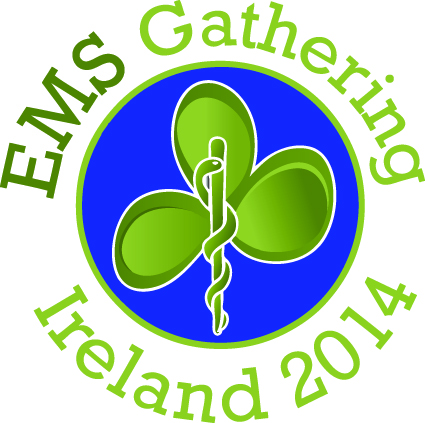
The EMS Gathering 2014 received a Commendation Award in the “Best Education Meeting” Category at the Irish Medical Times hosted Irish Healthcare Awards 2014 (the Oscars of the Healthcare Industry in Ireland).
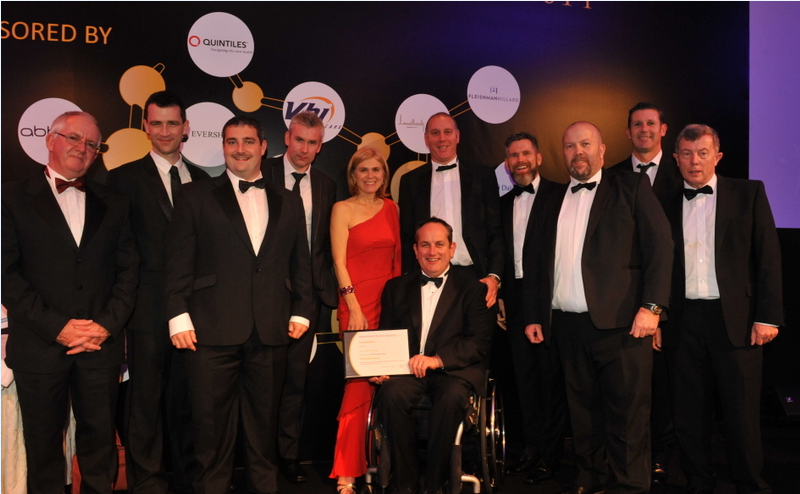
Full story
|
Post ambulance call emotional stress experienced by Irish emergency ambulance workers: a new tool
A recent study by Stephen O Connell, a Paramedic in the Army Medical Corps and a Master of Science graduand in Occupational Health at UCC, brings an interesting focus on the emotional feelings experienced after a critical ambulance call by frontline EMS personnel in Ireland. Among its main findings were that rural Advanced Paramedics (AP) are more vulnerable to post incident emotional sequelae pertaining to peri-traumatic stress after a critical incident than their city based AP colleagues. Also, rural APs reported driving to the scene alone as twice as stressful as driving to hospital afterwards with patient. He reckons that a new critical incident stress tool used in Toronto can be utilised by CISM teams in Ireland to measure post incident emotions.
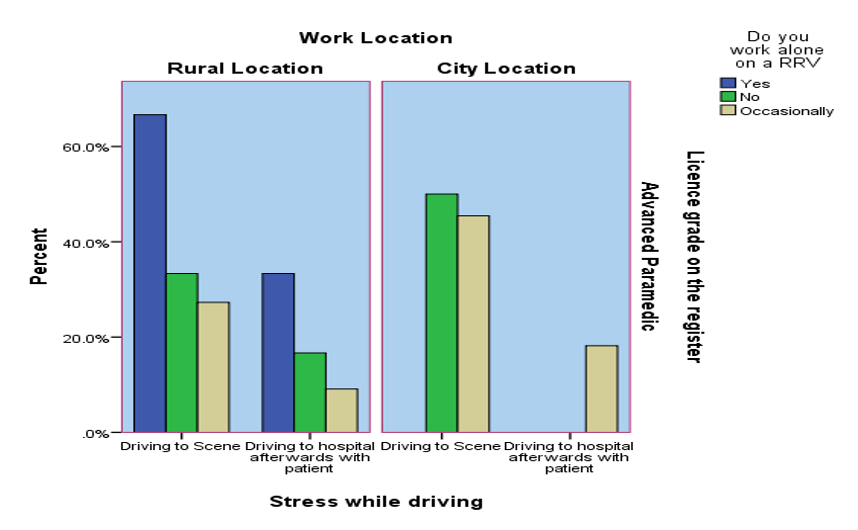
Full story
|
500 people participate in Citizen CPR demonstration at All-Ireland Hurling Semi-Final
The Ciaran Carr Foundation is a Dublin based charity set up by the parents and friends of Ciaran Carr, who was only 20 years old when he collapsed and died from Sudden Adult Death Syndrome (SADS) while training with Round Towers GAA club in 2012.

Full story
|